Why Are Democrats Abandoning Elon Musk's X (Twitter) App?
- Democrats are pulling back from X. Is Elon Musk pushing them out?
- High-profile exits signal a major shift in the social media arena.
- What’s driving influential voices to leave X and where are they heading next?
As the political landscape evolves, so does the digital battleground.
Democrats are increasingly abandoning X (formerly Twitter), raising questions about their strategies and the platform's future. But is X driving this exodus, or are there deeper currents at play?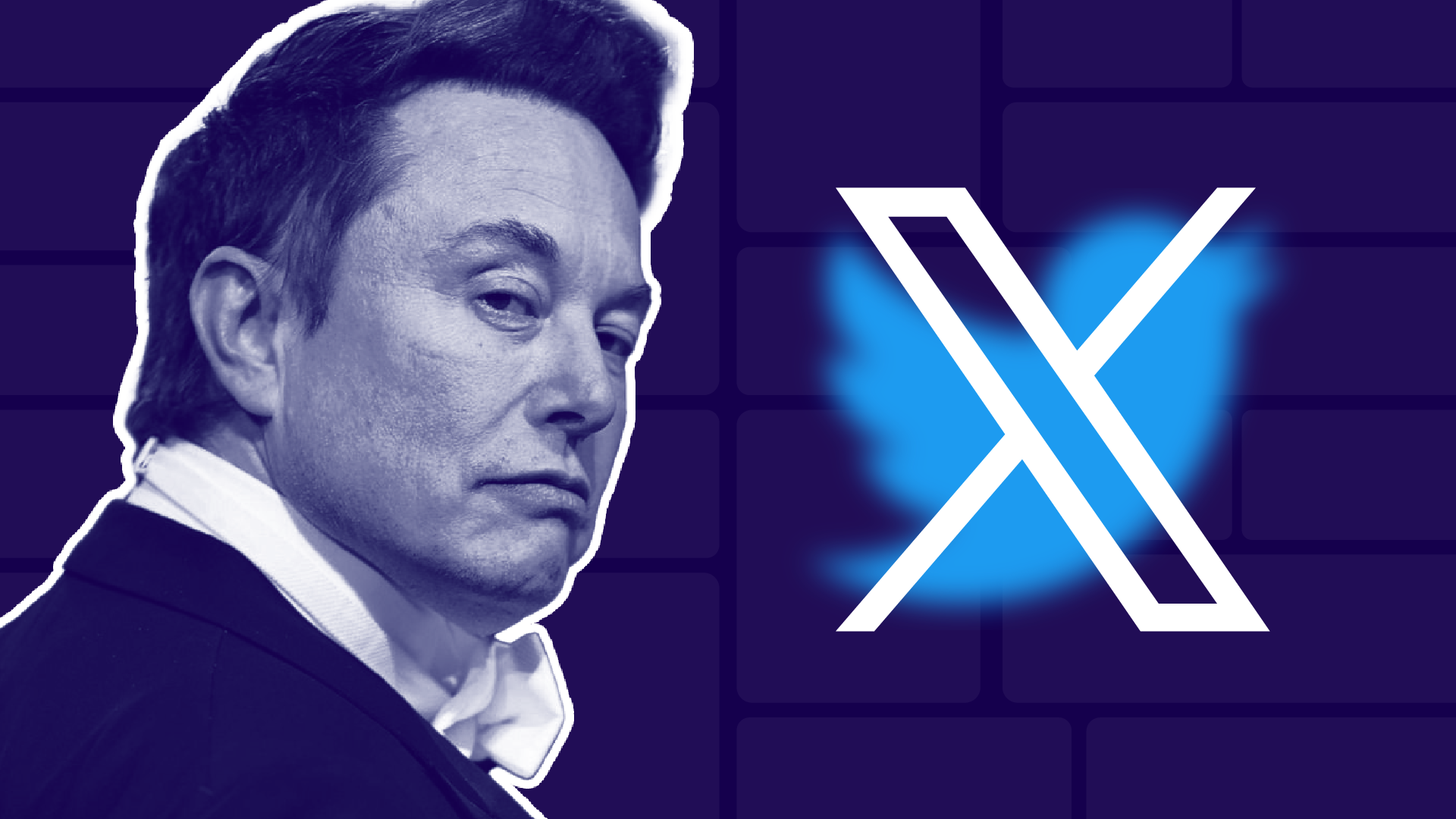 Photo via Thematic // The name wasn't the only thing that changed when Elon Musk purchased Twitter.
Photo via Thematic // The name wasn't the only thing that changed when Elon Musk purchased Twitter.
The Search for Alternatives
As X's user base shifts, so does the landscape of alternative social media platforms. Threads, Bluesky, and Mastodon are emerging as viable contenders, each with unique features aimed at capturing users dissatisfied with X. Threads, an app from Mark Zuckerberg's company Meta Inc., in particular, has seen rapid growth, boasting 275 million monthly users as of October 2024—thanks mostly to Threads connection with Instagram and other Meta platforms. Bluesky is also quickly gaining traction.
Despite these alternatives, X remains a primary platform for many, primarily due to its established user base and integration into the broader digital ecosystem. However, the ongoing migration of influential voices suggests that X's dominance may be waning as users seek environments that better align with their values and strategic goals.
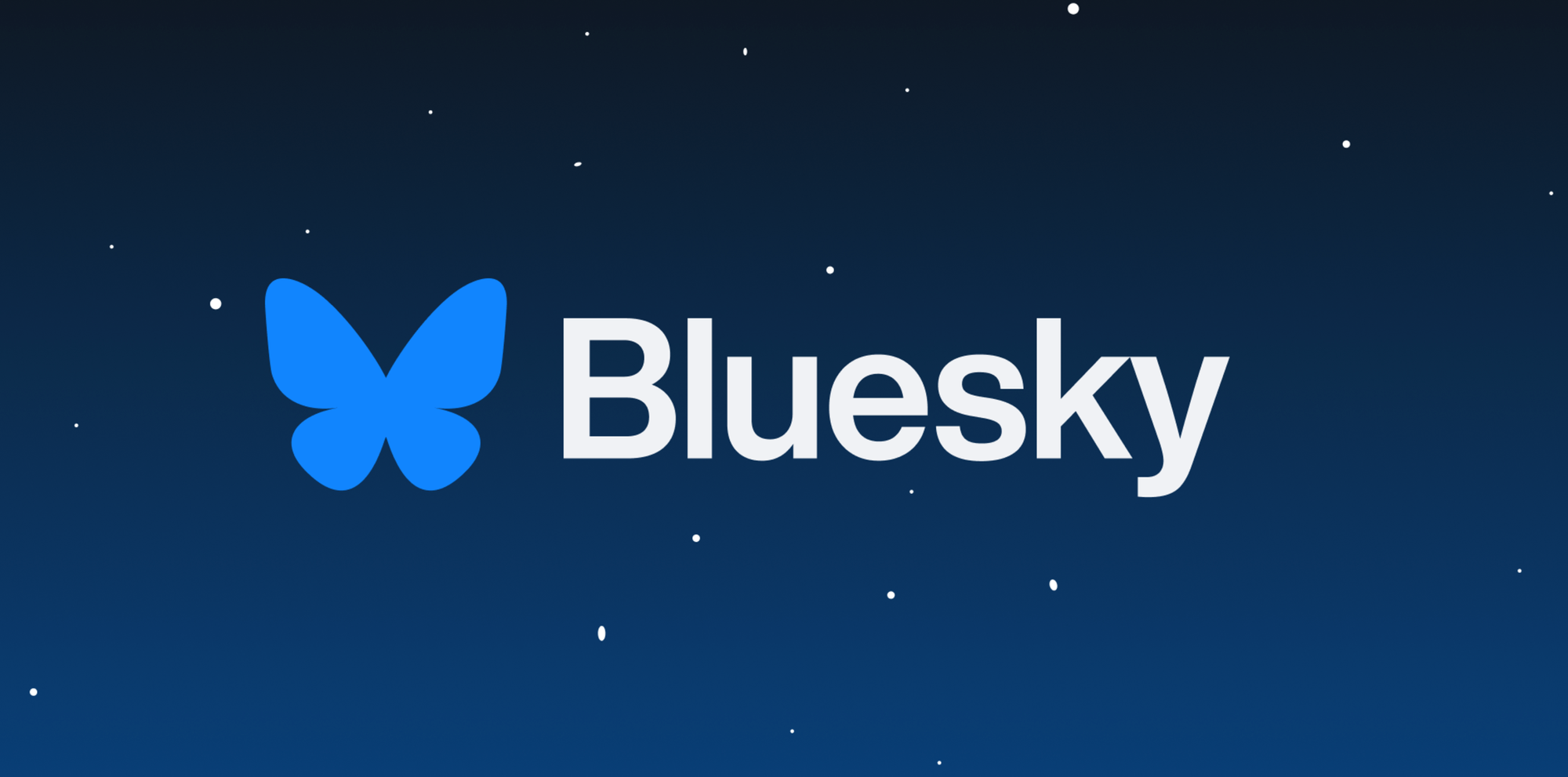 Photo via 404 Media // Aside from Meta Threads, Bluesky Social has also emerged as a primary destination for Democrats and other users who are leaving X. However, Bluesky has faced an uphill battle with users complaining of low engagement, spam, attempted fraud and trolling.
Photo via 404 Media // Aside from Meta Threads, Bluesky Social has also emerged as a primary destination for Democrats and other users who are leaving X. However, Bluesky has faced an uphill battle with users complaining of low engagement, spam, attempted fraud and trolling.
The Great Migration: Why Democrats Are Leaving X
In the aftermath of Elon Musk's takeover of Twitter, the platform has undergone significant transformations. These changes have left many Democrats feeling alienated. Patrick Dillon, a longtime Democratic strategist and Biden administration adviser, encapsulated the sentiment:
If you really want the ‘why I’m leaving twitter,’ I guess there’s the whole Elon of it [...] It hasn’t been much fun lately.— Patrick Dillon
Dillon's departure is part of a broader trend. High-profile figures like Don Lemon, LeBron James, and Stephen King have also announced their exit. This wave isn't just about disliking Musk; it's about the platform's perceived shift towards supporting right-leaning agendas.
A Platform Transformed: From Twitter to X
Elon Musk's acquisition of Twitter, now rebranded as X, wasn't just a name change. The platform has been "gut-renovated," aligning more closely with Elon Musk's political views. Politico highlights the complexity for Democratic users:
X is now undeniably a vehicle to support Musk’s political views and his candidates.— Patrick Dillon
These changes aren't superficial. X has introduced purchasable verification, altering the visibility dynamics. Unlike Twitter's original system, where verification was merely for preventing impersonation, X's new model acts as a form of advertising—"If you want to be seen, you pay."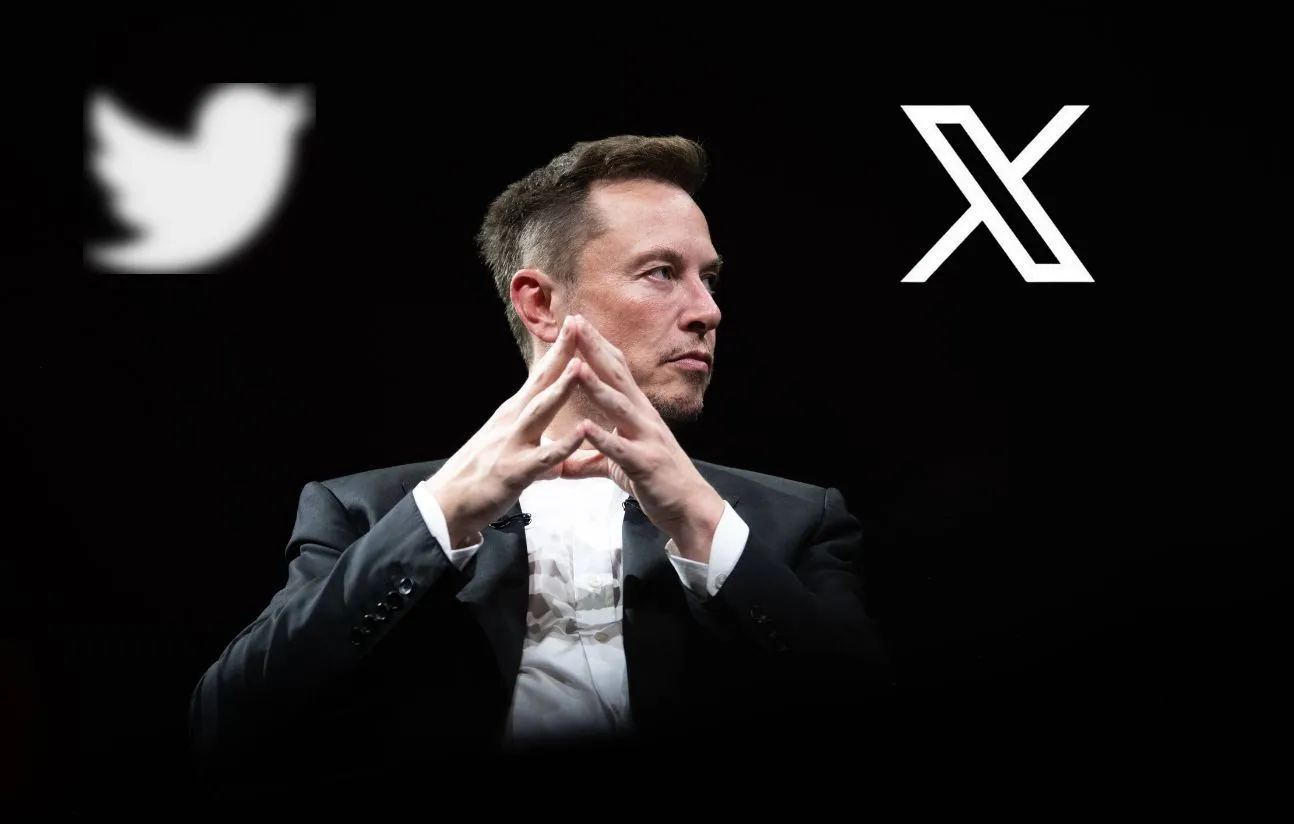 Photo via 20 Minutes // X Premium, previously named Twitter Blue, has faced consistent backlash due to the ability for users to "pay for a blue checkmark."
Photo via 20 Minutes // X Premium, previously named Twitter Blue, has faced consistent backlash due to the ability for users to "pay for a blue checkmark."
The Impact on Democratic Strategy
Democrats face a strategic dilemma: Should they abandon X or adapt to its new environment? On one side, figures like Maxwell Frost, a young congressman, argue that leaving X would aid Musk in erasing progressive voices:
Leaving X will help Elon with his goal of making the platform void of any progressive ideology or the way we think about the world.— Maxwell Frost
Conversely, others believe in engaging with X to influence its direction, despite the platform's hostility. However, the reality is stark: X's structural changes have marginalized many Democratic voices, relegating them to a "proverbial spam folder" where their reach is minimal.
A tricky situation indeed.
Structural Shifts and Their Consequences
Beyond political alignment, X's structural changes have fundamentally altered user experience. The introduction of longer text posts and a subscription-based model has decreased the platform's utility for Democratic users aiming to build or connect with audiences outside of X. As reported by The Guardian and The Boston Globe, alternative platforms like Bluesky are seeing higher rates of referral traffic to news stories published to the site, signaling a shift in where audiences are congregating.
These transformations reflect Musk's broader vision to turn X into a more closed platform, focusing on monetization over community engagement. The platform's alignment with competitors like Meta's Facebook and Google's YouTube—through features such as on-platform content and creator economies—indicates a pivot towards models that prioritize revenue over open discourse.
Elon has stated repeatedly that his goal with X is to create something similar to China's all-powerful WeChat app, known as a "super app" in China. Currently, there is no American equivalent that has similar functions tailored for a Western audience. Elon is aiming to change that with X.
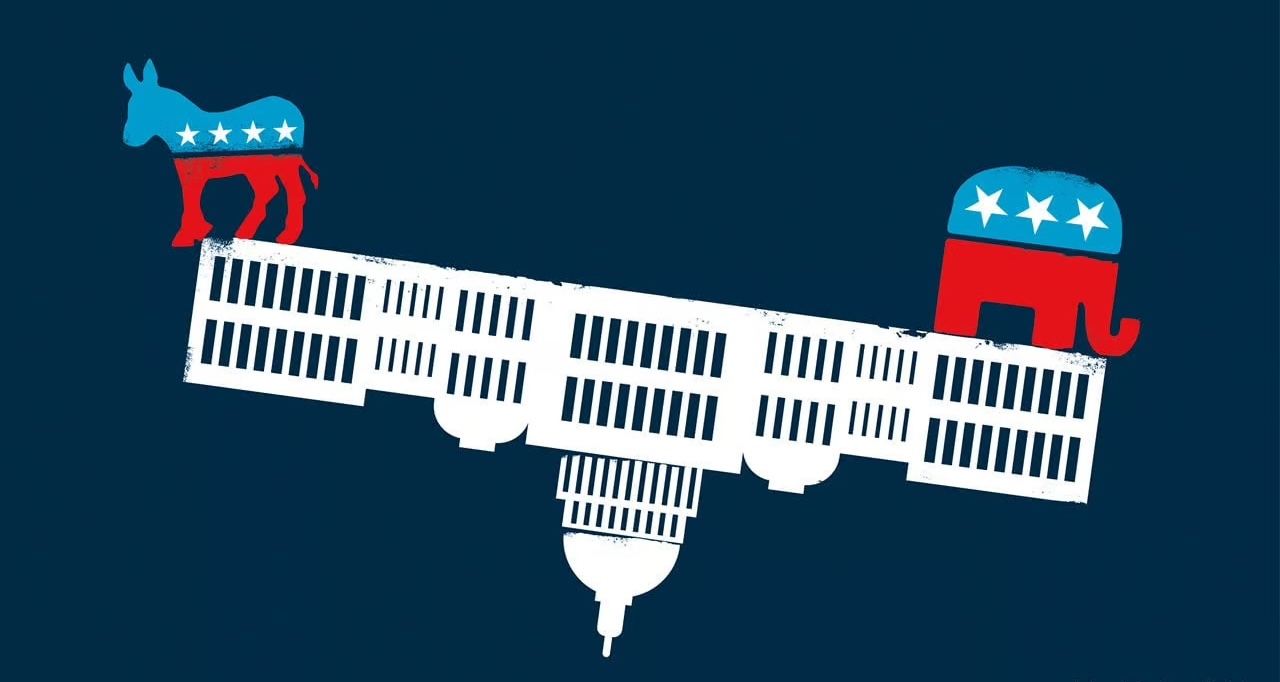 Photo via The Economist // Will Democrats and Republicans end up split between seperate apps? If so, political discourse will suffer, experts say.
Photo via The Economist // Will Democrats and Republicans end up split between seperate apps? If so, political discourse will suffer, experts say.
Voices from Within the Party
Internal debates within the Democratic Party reveal a spectrum of opinions. Tim Karr, senior director at Free Press, a non-profit advocacy group, mentioned:
The mere fact of posting means that you’re helping them make case for the return of advertisers.— Tim Karr, Free Press
Yet, not everyone is convinced that leaving X is the solution. An anonymous Democratic Hill staffer argued:
There’s really nothing to be gained by leaving.— Democratic Hill staffer
This tension underscores the party's struggle to balance between abandoning a problematic platform and leveraging its reach to influence broader audiences.
The Broader Implications for Tech and Journalism
The mass departure of Democrats from X, a popular app on Apple's App Store, has significant implications for both the tech and journalism industries. Bill McKibben, an environmentalist and co-founder of 350.org, shared his disillusionment:
I mistrust the owner and his role in our public life, and things have grown sad and harsh.— Bill McKibben
Journalists like James Fallows and organizations like The Guardian have also exited, citing concerns over public discourse degradation. This exodus signals a potential decline in X's role as a central hub for news and political dialogue, possibly diminishing its influence in shaping public opinion.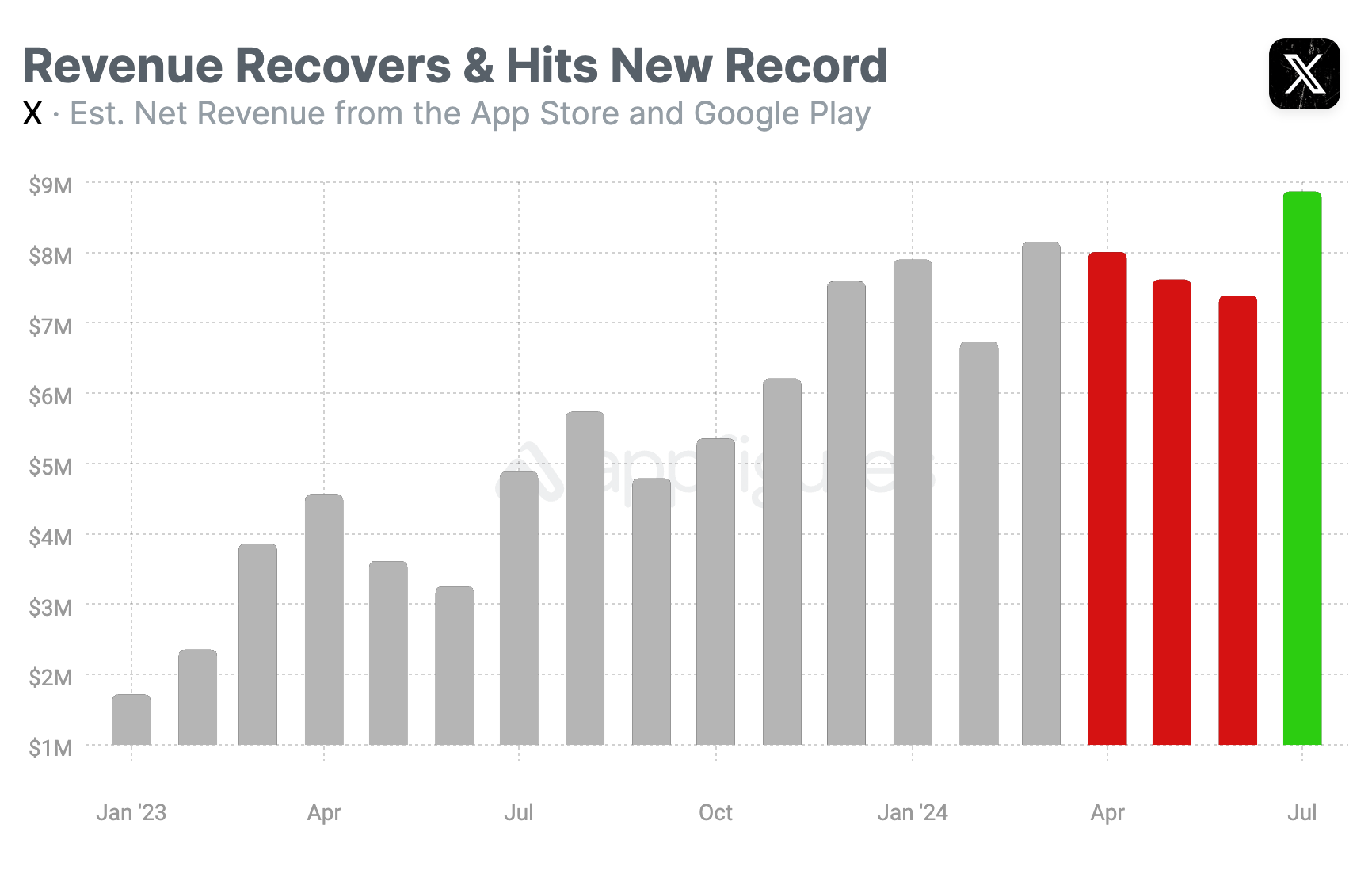 Photo via Digital Information World // Graph: Elon Musk's X app reportedly hit an all-time revenue record in July 2024. As a now-private company, its more difficult than ever to know exactly what is happening with X app's daily active users (DAU), revenues, and profits.
Photo via Digital Information World // Graph: Elon Musk's X app reportedly hit an all-time revenue record in July 2024. As a now-private company, its more difficult than ever to know exactly what is happening with X app's daily active users (DAU), revenues, and profits.
Conclusion: A Platform in Flux
The departure of Democrats from X is more than a simple exodus; it's a reflection of broader shifts in the digital and political arenas. As the platform continues to evolve under Musk's leadership, its future remains uncertain. For Democrats and other progressive voices, the challenge lies in navigating this new landscape—whether by adapting to X's changes or forging new paths on emerging platforms.
Nancy Scola, a contributing writer at Politico Magazine, notes:
Leaving X because you don’t like Elon is the kind of purity politics that landed Democrats in this mess to begin with.— Nancy Scola
As the digital world continues to transform, the interplay between politics and technology will undoubtedly shape the future of communication, influence, and public discourse.
Recommended by the editors:
Thank you for visiting Apple Scoop! As a dedicated independent news organization, we strive to deliver the latest updates and in-depth journalism on everything Apple. Have insights or thoughts to share? Drop a comment below—our team actively engages with and responds to our community. Return to the home page.Published to Apple Scoop on 5th December, 2024.
No password required
A confirmation request will be delivered to the email address you provide. Once confirmed, your comment will be published. It's as simple as two clicks.
Your email address will not be published publicly. Additionally, we will not send you marketing emails unless you opt-in.